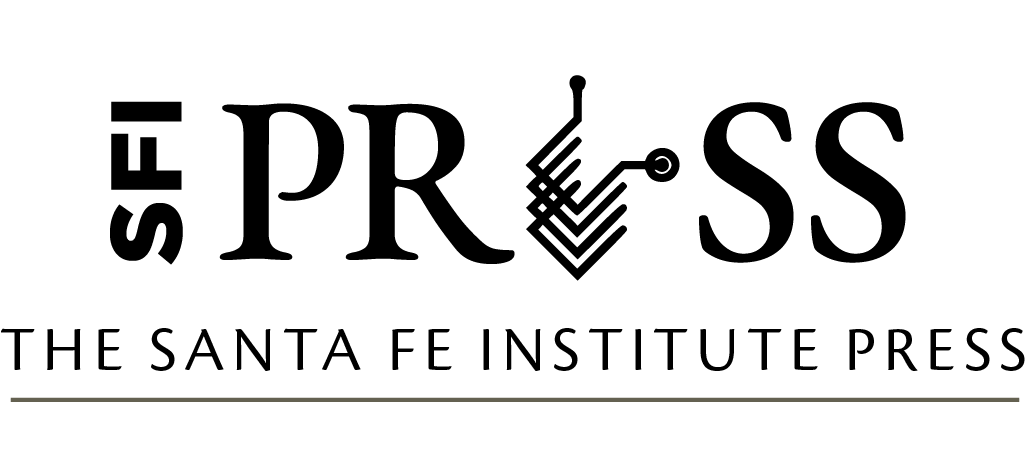History, Big History, & Metahistory pp. i–vii
DOI: 10.37911/9781947864023.00
Introduction: An Inquiry into History, Big History, & Metahistory
Authors: David C. Krakauer, John Lewis Gaddis, & Kenneth Pomeranz
Excerpt
What is history anyway? Most people would say it’s what happened in the past, but how far back does the past extend? To the first written sources? To what other forms of evidence reveal about pre-literate civilizations? What does that term mean—an empire, a nation, a city, a village, a family, a lonely hermit somewhere? Why stop with people: shouldn’t history also comprise the environment in which they exist, and if so, on what scale and how far back? And as long as we’re headed in that direction, why stop with Earth and the solar system? Why not go all the way back to the Big Bang itself?
There’s obviously no consensus on how to answer these questions, but even asking them raises another set of questions about history: who should be doing it? Traditionally trained historians, for whom archives are the only significant source? Historians willing to go beyond archives, who must therefore rely on, and to some extent themselves become, psychologists, sociologists, anthropologists, archaeologists? But if they’re also going to take environments into account, don’t they also have to know something about climatology, biology, paleontology, geology, and even astronomy? And how can they do that without knowing some basic physics, chemistry, and mathematics?
You see where this is going: history, by this capacious definition, includes everything that has happened up until the present moment—and because the present moment has already become the past by the time you’ve finished reading this sentence, history must also provide a basis (what other one could there be?) for anticipating the future.
